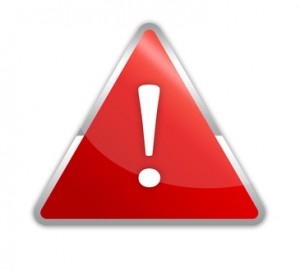Recent studies show that 750 new phishing websites are discovered daily. As one of the most popular online payment services, PayPal is a prime target for hackers. Now online consumers are reporting of a new PayPal phishing e-mail scam.
PayPal phishing e-mail
Wilde Beuger Solmecke has received information from a client concerning a new wave of PayPal phishing e-mails.
Under the guise of needing to undertake system maintenance, an e-mail required the client to newly “synchronise” his personal data by to accessing a link and filling out a form.
The e-mail contained a threat that if the client did not renew his personal data, his account would be suspended.
The scam
If a recipient chooses to click the link they are redirected to a phishing website which is a copy of the real website. The user then inputs his personal data giving fraudsters complete access.
How to react
In its security guidelines, PayPal notes that it never contacts users directly via e-mail requesting personal information or credit card details.
If you have doubts about any e-mails purporting to be from PayPal, you should contact the payment service immediately and ask them to check the e-mail.
In general, it is advisable to check a website is secure before entering personal data. A secure website is represented by an “s” following the “http://” section of a browser’s address line.
Other interesting articles:


